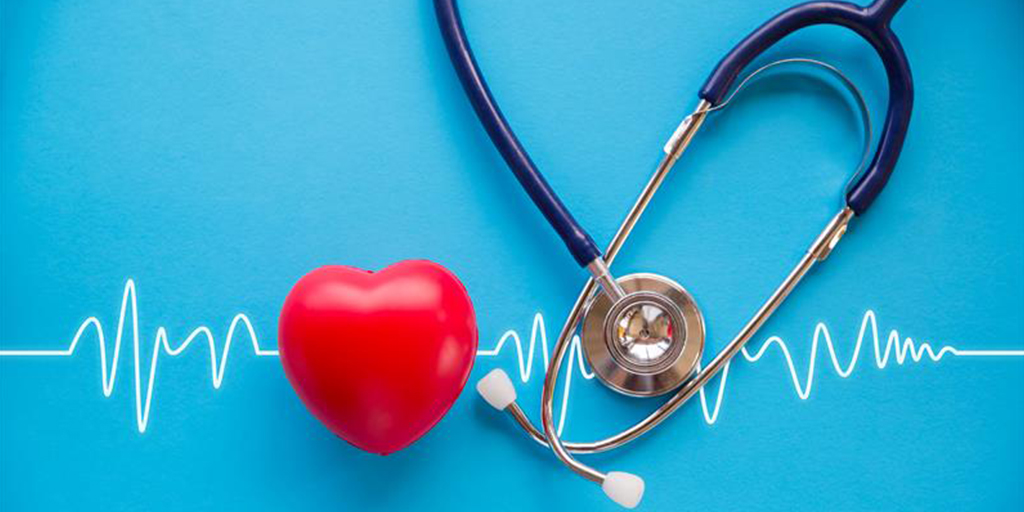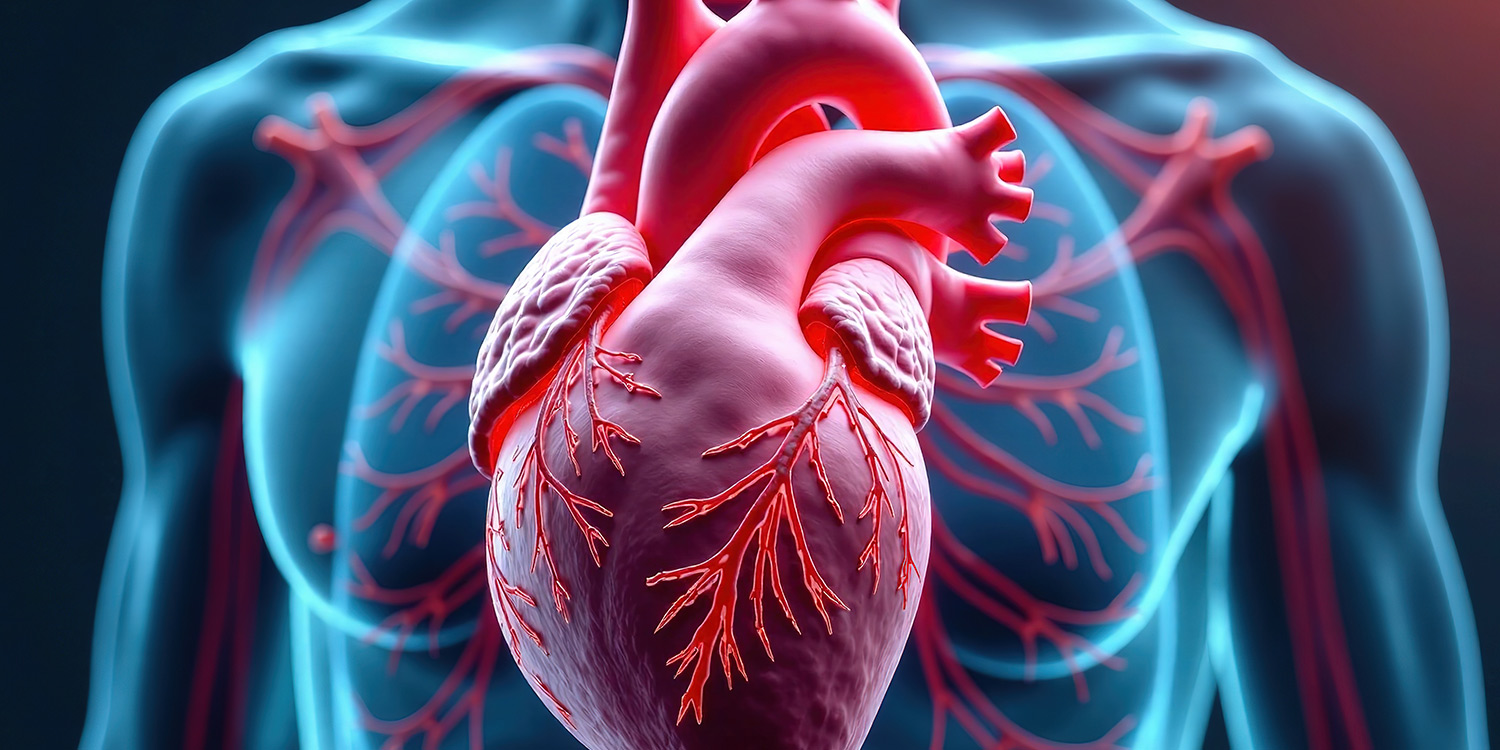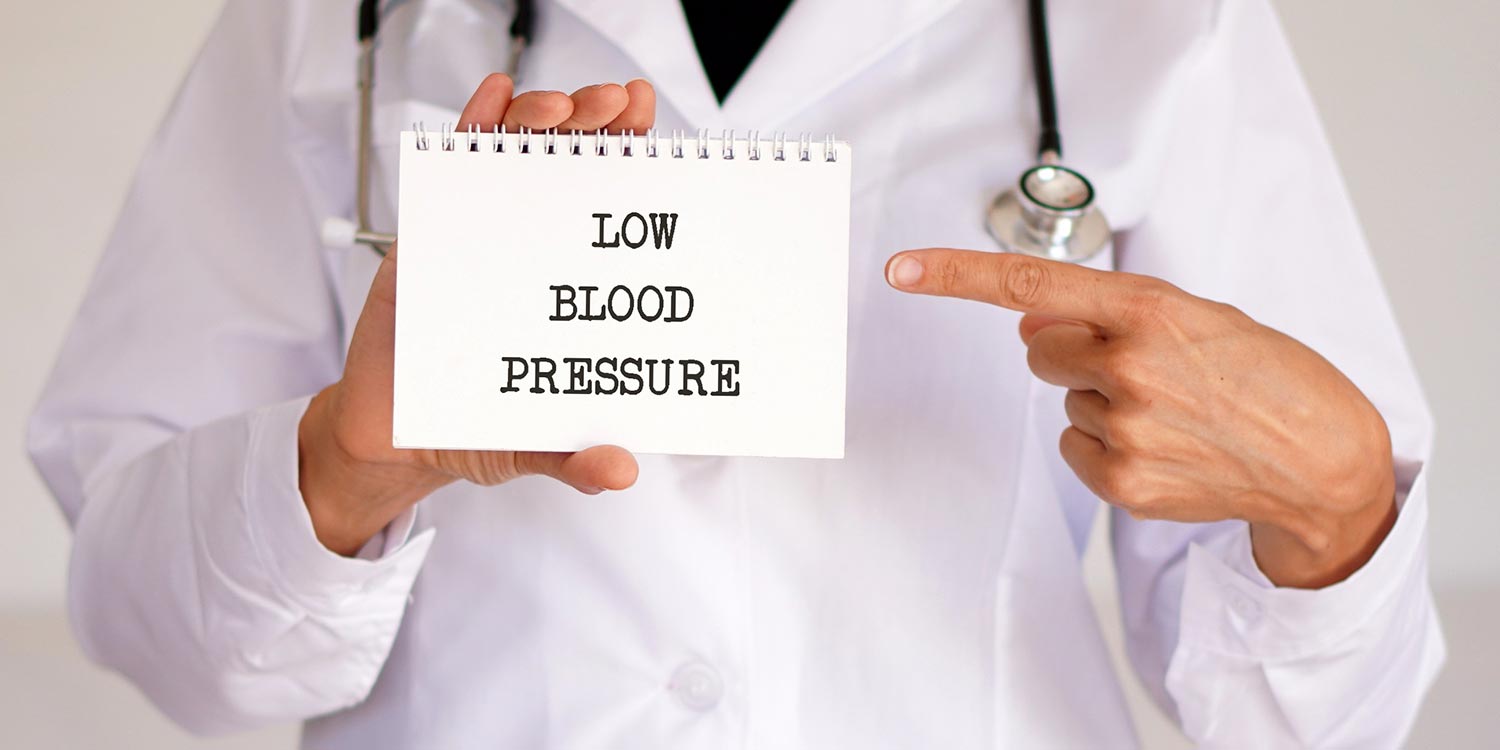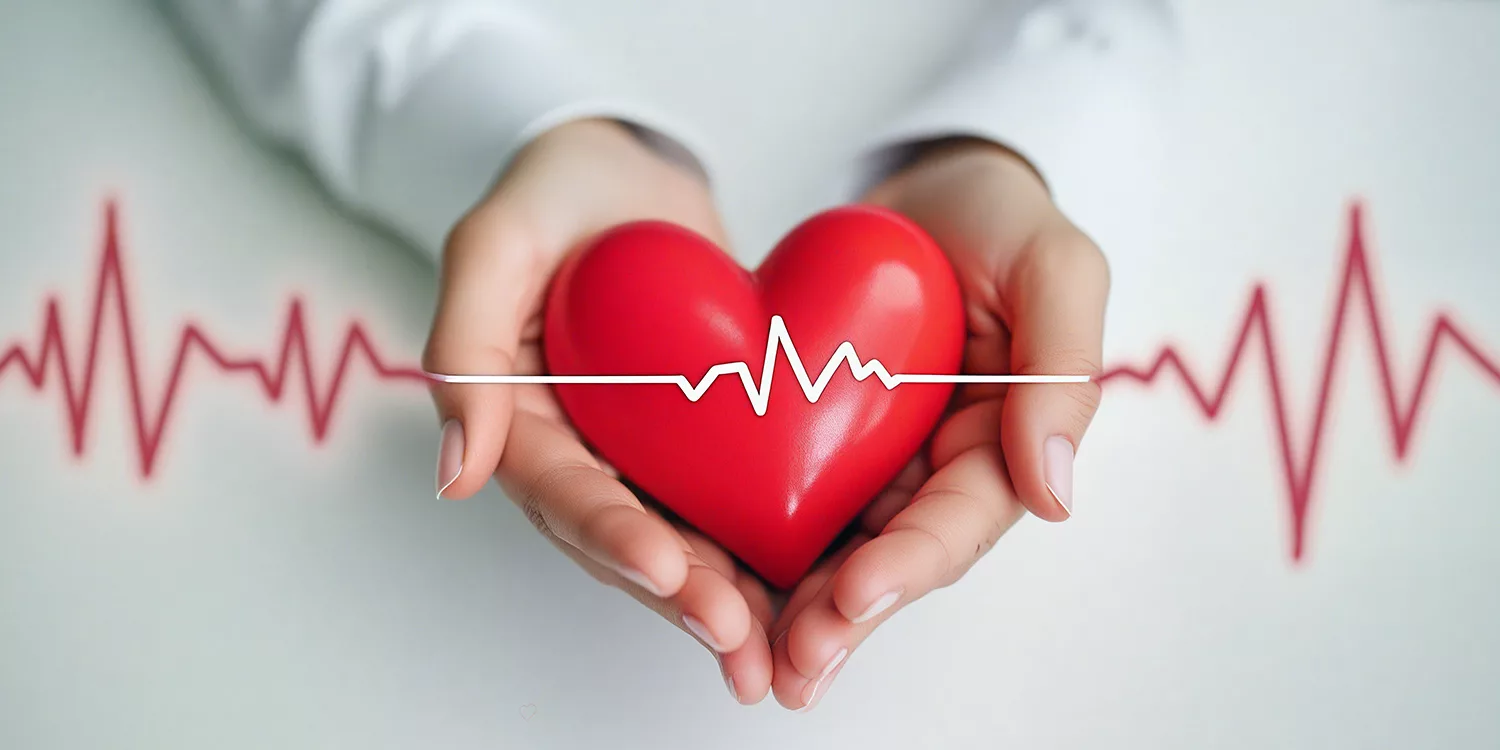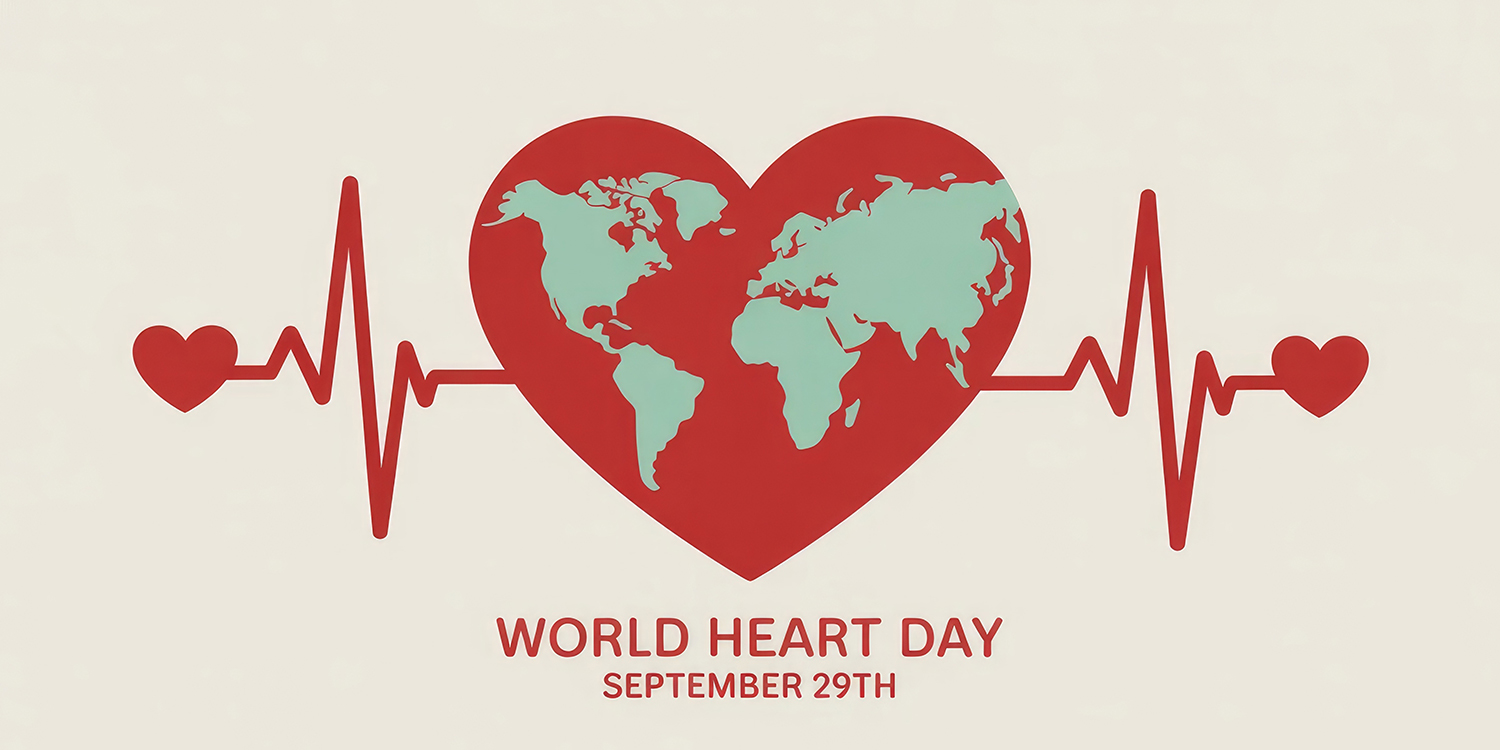Graphic Era Hospital, with a team of highly-experienced cardiologists and cardiac surgeons and state-of-the-art technology, provides comprehensive treatment for heart attack (myocardial infarction), ensuring the best possible outcomes for every patient. Our hospital offers advanced diagnostic tools, minimally invasive procedures, and emergency care to promptly diagnose and treat heart attacks. Whether you require immediate medical attention, medications, or surgical interventions, we are here to help restore your heart health and improve your quality of life.
What is a Heart Attack?
A heart attack (myocardial infarction) occurs when the blood flow to the heart is blocked, leading to damage or death of heart tissue. This blockage is usually caused by a buildup of plaque in the coronary arteries, which can rupture and form a clot. Immediate treatment is critical to restore blood flow and minimize damage to the heart.

- Coronary artery disease (CAD) due to plaque buildup in the arteries
- High cholesterol leading to narrowed arteries
- High blood pressure causing stress on the heart
- Smoking leading to artery damage and clot formation
- Diabetes increasing the risk of artery damage
- Sedentary lifestyle contributing to obesity and heart disease
- Excessive alcohol consumption increasing blood pressure and cholesterol levels
- Stress contributing to elevated heart rate and increased clotting risk
- Family history of heart disease or genetic predisposition
- Obesity leading to increased strain on the heart
Symptoms of a Heart Attack
Recognising the signs of a heart attack early can be lifesaving. Seek immediate medical attention immediately if you or a loved one experience any of the following symptoms:
- Chest pain or discomfort, often described as tightness, pressure, or a squeezing sensation
- Pain in the arms, back, neck, jaw, or stomach
- Shortness of breath, even when at rest
- Cold sweats or sudden dizziness
- Nausea or light-headedness, especially with chest discomfort
- Pain or discomfort in the upper body, such as the shoulders or arms
Conditions Associated with Heart Attacks
Several underlying conditions can increase the risk of a heart attack. It's important to manage these conditions to prevent complications and improve heart health.
- Coronary Artery Disease (CAD): A condition where plaque builds up in the arteries, narrowing them and restricting blood flow to the heart.
- High Blood Pressure (Hypertension): Increased pressure on the artery walls can cause damage and lead to heart disease.
- High Cholesterol: Elevated cholesterol levels contribute to plaque buildup in the arteries, increasing the risk of a heart attack.
- Diabetes: High blood sugar levels can damage blood vessels, making it easier for plaque to accumulate in arteries.
- Smoking: Smoking accelerates the buildup of plaque in arteries and increases clot formation, leading to a higher risk of heart attacks.
- Obesity: Excess weight puts added strain on the heart and increases the likelihood of developing high cholesterol, diabetes, and high blood pressure.
- Family History of Heart Disease: Genetics can increase the risk of developing heart disease and having a heart attack.
- Physical Inactivity: A lack of regular exercise contributes to heart disease and increases the risk of heart attack.
Why Choose Graphic Era Hospital for Heart Attack Treatment?
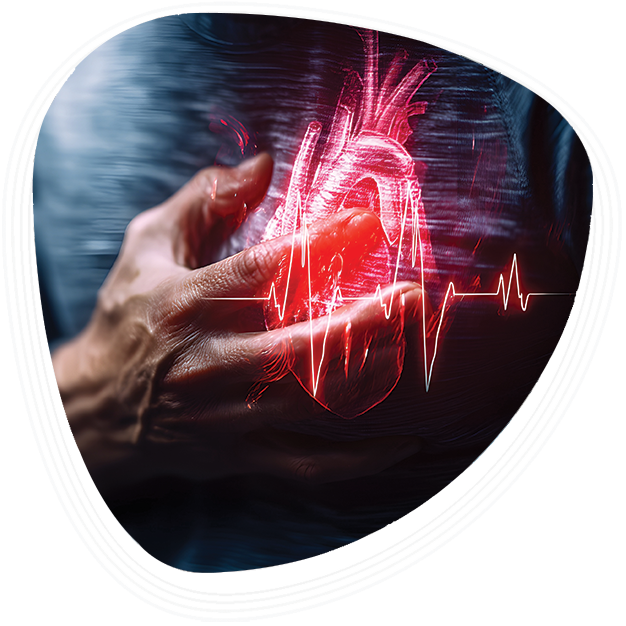
Treatments for Heart Attack at Graphic Era Hospital
At Graphic Era Hospital, we offer a comprehensive range of treatments for managing and treating heart attacks. Our team of expert cardiologists uses the latest advancements in diagnostic and treatment technologies to ensure the best outcomes for each patient. Whether it’s emergency care, minimally invasive procedures, or long-term rehabilitation, we provide personalized treatment plans tailored to meet the individual needs of every patient.
Medications
Medications such as aspirin, thrombolytics, and blood thinners are used to dissolve blood clots and restore blood flow to the heart. Beta-blockers and ACE inhibitors are also prescribed to manage blood pressure and reduce the heart’s workload.
Coronary Angioplasty and Stenting
In some cases, coronary angioplasty is performed to open blocked arteries, with stents inserted to keep the arteries open and restore blood flow. This minimally invasive procedure has a shorter recovery time compared to traditional surgery.
Coronary Artery Bypass Grafting (CABG)
For severe blockages, CABG surgery is performed to bypass the blocked coronary arteries using healthy blood vessels from another part of the body, ensuring better blood flow to the heart.
Cardiac Rehabilitation
After a heart attack, cardiac rehabilitation is essential for recovery. This includes exercise programs, nutrition counseling, and stress management to help patients return to normal activities and reduce the risk of future heart attacks.
Top Procedures
- Coronary Angioplasty and Stenting
- Coronary Artery Bypass Grafting (CABG)
- Emergency Care for Acute Myocardial Infarction
- Thrombolytic Therapy
- Cardiac Rehabilitation
Blog
Frequently Asked Questions
What are the first signs of a heart attack?
The most common signs of a heart attack include chest pain, shortness of breath, nausea, light-headedness, and pain in the arms, back, or jaw. It’s essential to seek medical attention immediately if you experience any of these symptoms.
How long does it take to recover from a heart attack?
Recovery time can vary depending on the severity of the heart attack and the treatment provided. Most patients can resume normal activities within 6-12 weeks following the event, especially with the help of cardiac rehabilitation.
Can heart attacks be prevented?
Yes, heart attacks can often be prevented by maintaining a healthy lifestyle, including regular exercise, a balanced diet, managing stress, and controlling risk factors like high blood pressure, cholesterol, and diabetes.
How is a heart attack diagnosed?
Heart attacks are diagnosed using several tests, including electrocardiograms (ECG), blood tests for specific markers, coronary angiography, and echocardiograms to assess heart function and blood flow.
Will I need surgery after a heart attack?
Not all heart attack patients need surgery. Treatment depends on the severity of the blockage. Some may only require medications and angioplasty with stenting, while others with severe blockages may require bypass surgery (CABG).

